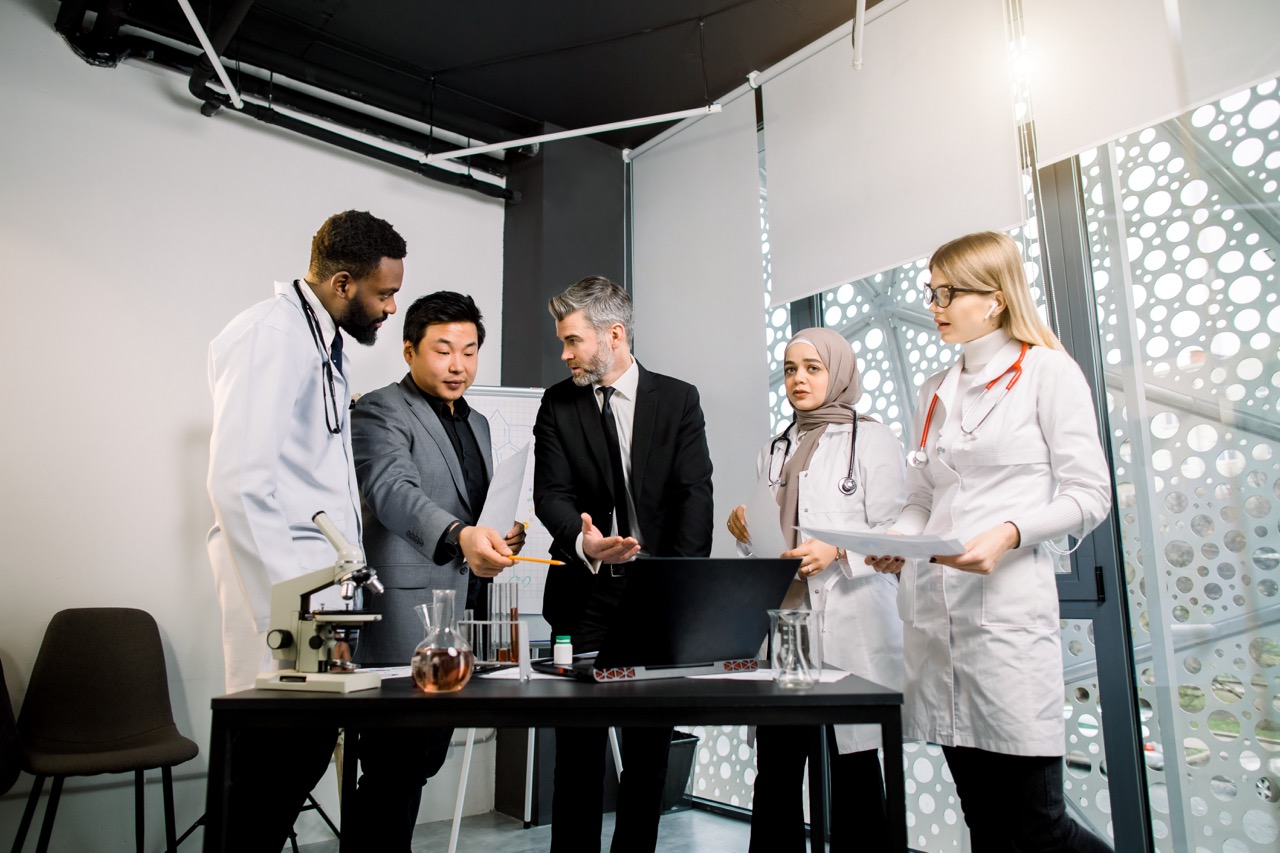Carolyn Bertozzi, a trailblazer in the field of glycobiology, has made significant strides in cancer diagnostics through her innovative research. By focusing on the role of carbohydrates in biological processes, her lab has developed novel techniques that enhance our understanding of cancer biomarkers, leading to improved detection and diagnostics. This article explores the impact of Bertozzi’s research, the innovations in glycobiology, advancements in detection techniques, and the future implications of her work in oncology diagnostics.
The Impact of Carolyn Bertozzi’s Research on Cancer Diagnosis
Carolyn Bertozzi’s research has fundamentally transformed the landscape of cancer diagnosis by emphasizing the importance of glycosylation, a biochemical process that modifies proteins and lipids with sugar molecules. Her pioneering work has revealed that alterations in these glycan structures can serve as crucial indicators of cancerous changes in cells. This understanding has enabled researchers and clinicians to identify potential biomarkers for various types of cancer, leading to earlier and more effective diagnosis.
Bertozzi’s approach underscores the intricate relationship between glycosylation patterns and tumor behavior. By systematically studying these changes, her lab has enhanced the ability to differentiate between benign and malignant tumors with greater accuracy. This has significant implications for patient management, as more precise diagnostics can lead to tailored treatments that improve patient outcomes and reduce unnecessary interventions.
Furthermore, the impact of her research extends beyond basic science; it has real-world applications in clinical settings. Diagnostic tools derived from her findings are being integrated into standard practices, allowing healthcare professionals to leverage biochemical insights for more informed decision-making. This integration paves the way for advancements in early detection strategies that could save lives and reduce the burden of cancer.
Innovations in Glycobiology: A New Approach to Cancer
The field of glycobiology has experienced a renaissance due to Carolyn Bertozzi’s innovative contributions. Her lab’s exploration into the complexities of glycans—the carbohydrates attached to proteins and lipids—has shed light on their critical roles in cell signaling, immune response, and tumor progression. By developing techniques such as bioorthogonal chemistry, Bertozzi has enabled the labeling of glycans with precision, facilitating their study in live organisms without disrupting biological processes.
One of the most notable innovations from Bertozzi’s lab is the development of ‘click chemistry’ methods, which allow for the rapid and selective tagging of glycan structures on cells. This technique has significantly advanced the ability to visualize and analyze glycan interactions in real time, providing deeper insights into how cancer cells communicate and evade the immune system. The ability to monitor these interactions opens up new avenues for understanding cancer biology and identifying therapeutic targets.
Moreover, Bertozzi’s research has inspired interdisciplinary collaborations that merge glycobiology with other fields such as immunology and molecular biology. These collaborations have led to the development of novel therapeutic strategies and diagnostic tools that exploit the unique properties of glycans in cancer cells. As a result, the innovations stemming from Bertozzi’s work are reshaping the methodologies used in cancer research and diagnostics.
Advancements in Detection Techniques Through Lab Discoveries
The discoveries made in Carolyn Bertozzi’s lab have led to significant advancements in cancer detection techniques. One of the key breakthroughs is the application of mass spectrometry combined with her glycan labeling methods, which allows for the detailed analysis of glycan profiles from biological samples. This capability enables researchers to construct a more comprehensive picture of the molecular changes that occur in cancer, enhancing the specificity and sensitivity of diagnostic tests.
In addition, the integration of high-throughput screening technologies has revolutionized the way cancer biomarkers are identified and characterized. Bertozzi’s lab has developed assays that can rapidly evaluate numerous samples, facilitating the discovery of novel biomarkers that were previously overlooked. This efficiency not only accelerates the pace of research but also has the potential to identify biomarkers that can be used for early detection of cancer, significantly impacting patient prognosis.
Furthermore, her team’s efforts in creating portable diagnostic tools have the potential to democratize cancer screening, making it accessible in resource-limited settings. By translating complex laboratory techniques into more user-friendly applications, Bertozzi’s work is paving the way for widespread implementation of effective cancer diagnostics in various healthcare environments, ultimately improving outcomes for patients globally.
Future Implications of Bertozzi’s Work in Oncology Diagnostics
The future implications of Carolyn Bertozzi’s research in oncology diagnostics are profound and far-reaching. As the understanding of glycobiology continues to expand, it is anticipated that additional biomarkers will be identified, leading to even more refined diagnostic capabilities. This could facilitate the development of personalized medicine approaches, enabling treatments to be specifically tailored to the unique glycan profiles of individual tumors.
Additionally, the techniques developed in Bertozzi’s lab are likely to inspire the next generation of diagnostic tools that combine molecular biology with advanced imaging technologies. Such innovations could lead to non-invasive methods for monitoring tumor progression and response to treatment, thereby improving the management of cancer patients. The potential for real-time analysis of tumor dynamics represents a significant leap forward in the field of oncology.
Finally, as collaborations between chemists, biologists, and clinicians continue to grow, the applications of Bertozzi’s work are expected to extend beyond cancer diagnostics. Insights gained from glycobiology could influence the understanding of other diseases, ultimately contributing to a broader revolution in medical diagnostics and therapeutics. The foundations laid by her research promise to usher in a new era of precise and personalized healthcare solutions for various conditions.
Carolyn Bertozzi’s groundbreaking research in glycobiology has transformed cancer diagnostics, paving the way for innovations that enhance detection techniques and improve patient outcomes. Her lab’s focus on the intricate role of glycans in cancer biology has not only advanced scientific understanding but has also translated into practical diagnostic applications. As her work continues to unfold, the implications for oncology diagnostics and personalized medicine are vast, suggesting a future where cancer can be detected and treated with unprecedented accuracy and efficacy.










